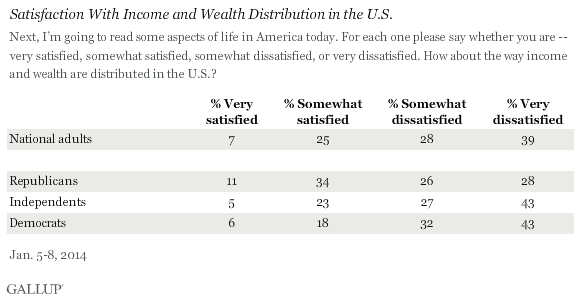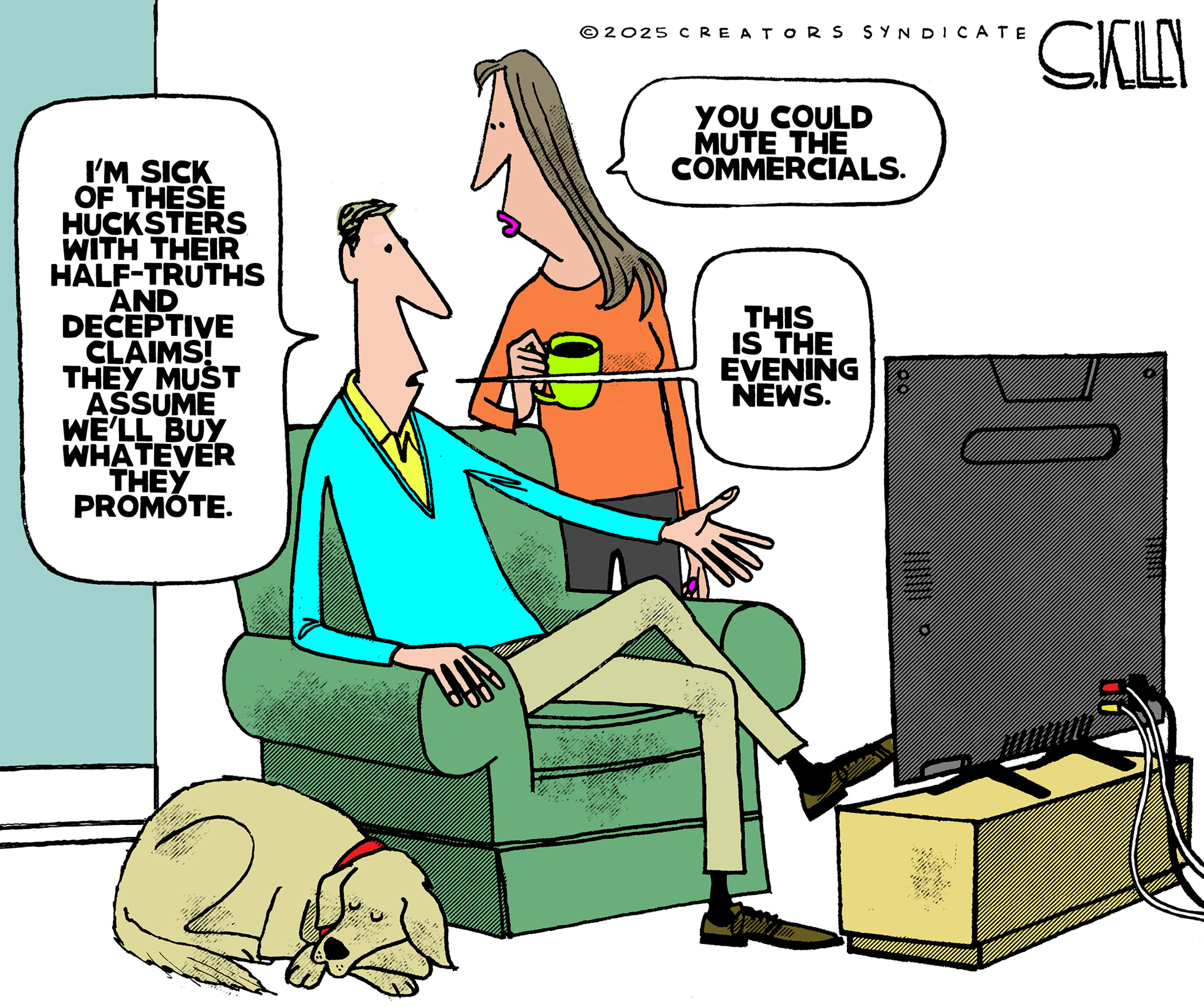Obama is right to be worried about income inequality — it’s gotten a lot worse under his watch
The president's economic legacy could amount to a bailout for the rich

Americans today are very worried about income inequality.
A Gallup poll this month found that 67 percent of Americans are unhappy with the distribution of income and wealth in the U.S. The disappointment goes across party lines — 54 percent of Republicans are dissatisfied, as well as 70 percent of Independents and 75 percent of Democrats:

And a growing number of people are worried that they can no longer get ahead simply by working hard, suggesting that inequality is becoming more entrenched.
The Week
Escape your echo chamber. Get the facts behind the news, plus analysis from multiple perspectives.

Sign up for The Week's Free Newsletters
From our morning news briefing to a weekly Good News Newsletter, get the best of The Week delivered directly to your inbox.
From our morning news briefing to a weekly Good News Newsletter, get the best of The Week delivered directly to your inbox.
As Paul Krugman argues, this gives Obama a pretty strong mandate to focus on reducing inequality.
But of course, income inequality has actually gotten much worse under Obama's watch. In Obama's 2013 inaugural address, he argued that "our country cannot succeed when a shrinking few do very well and a growing many barely make it." But during his presidency, this is precisely what has occurred.
U.S. median household income in June 2013 was 4.4 per cent below where it was in June 2009, when the recovery began.
Meanwhile, the top one percent of Americans — those earning above $366,623 a year — have taken 81 percent of the fruits of the recovery. And the top 0.01 percent — earning about $8 million a year — took an astonishing 39 per cent of the growth.
A free daily email with the biggest news stories of the day – and the best features from TheWeek.com
Indeed, Obama is getting dangerously close to leaving a legacy of soaring corporate profits and slumping wages; climbing stock prices and high unemployment; and a recovery for the ultra-rich, and not much else for everyone else.
This began during the crisis itself. Both Republicans and Democrats chose to bail out the well-connected financial industry that caused the crisis, but help has been much less forthcoming and transient for the unemployed and a squeezed middle class.
Now none of this is necessarily Obama's fault alone. The trend toward greater income inequality began way before Obama took office; the Great Recession took a deep toll on the 99 percent; and for much of Obama's presidency, his economic proposals have been blocked by an intransigent Congress. Furthermore, Obama has significantly expanded the safety net of the welfare state, a move that at least provides temporary assistance to the poor, but is not a long-term solution to income inequality like stronger job creation.
Still, there's obviously more work to be done. This involves Congress agreeing to ideas that both Republicans and Democrats can embrace, a rather difficult task, but not an impossible one. These could include increasing and extending tax breaks for businesses that hire new workers, the streamlining of costly regulations on small businesses, spending on improving the nation's infrastructure, and raising the minimum wage (surprisingly, yes, Republicans do favor it).
Fortunately for Obama, Congress has recently shown some signs of compromise by finally managing to pass a budget. But whether he can use this new atmosphere of conciliation to ramp up growth and opportunity for the middle class remains to be seen.
John Aziz is the economics and business correspondent at TheWeek.com. He is also an associate editor at Pieria.co.uk. Previously his work has appeared on Business Insider, Zero Hedge, and Noahpinion.
-
 October 5 editorial cartoons
October 5 editorial cartoonsCartoons Sunday's political cartoons include half-truth hucksters, Capitol lockdown, and more
-
 Jaguar Land Rover’s cyber bailout
Jaguar Land Rover’s cyber bailoutTalking Point Should the government do more to protect business from the ‘cyber shockwave’?
-
 Russia: already at war with Europe?
Russia: already at war with Europe?Talking Point As Kremlin begins ‘cranking up attacks’ on Ukraine’s European allies, questions about future action remain unanswered